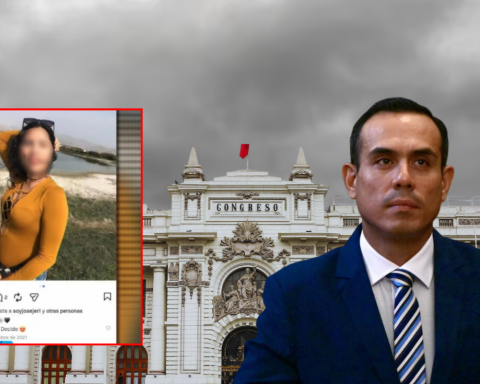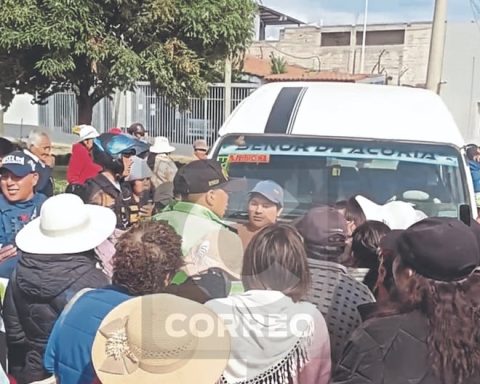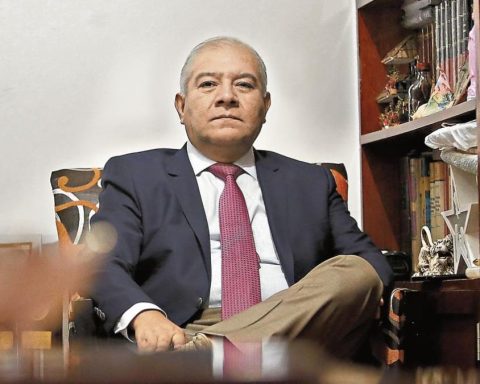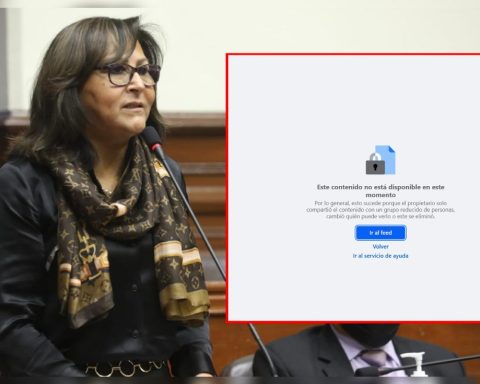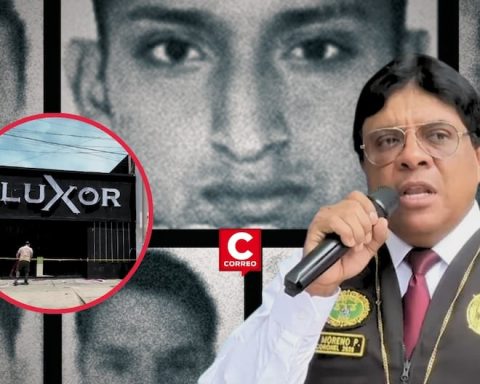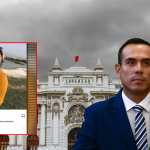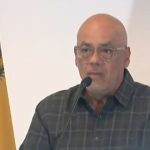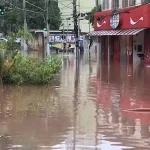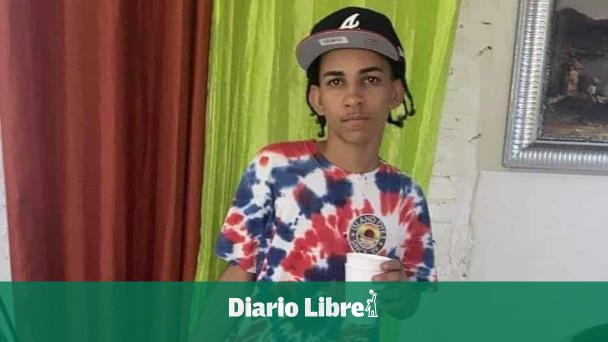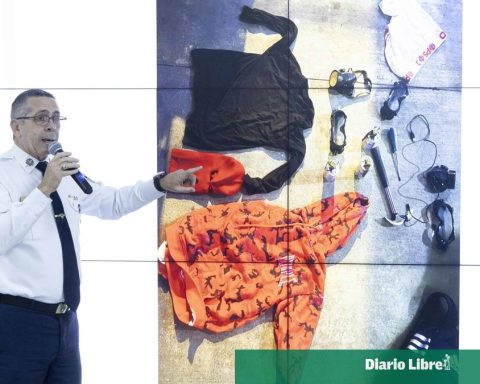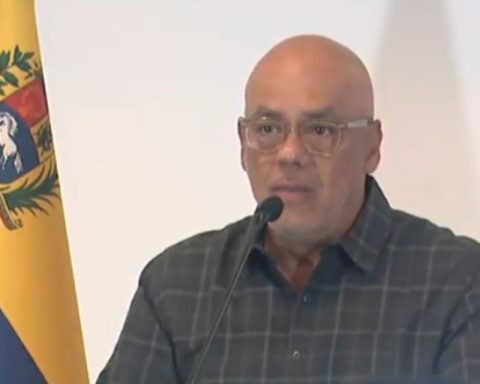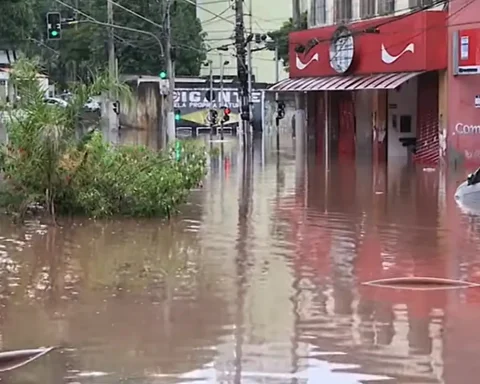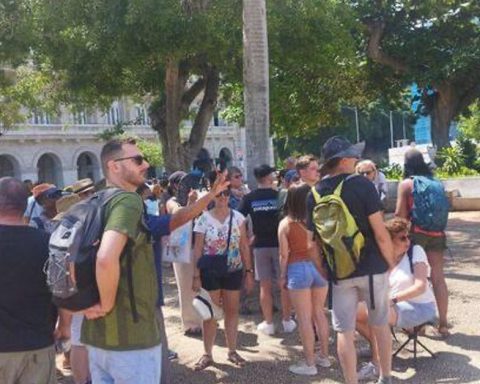—Are we not leading the debate too much on the legal-constitutional side, when this must be resolved politically?
—What happens is that What was raised by the National Prosecutor is a true legal error. Those who do not apply the rules are the judges, not the Conferences. Second, let’s assume that the non-application is applied, then the prosecutor will go to the Supreme Court with the case, when the supreme judge who hears the instruction, Checkley, has already said that he will not give it more than a preliminary investigation. Is the prosecutor going to convince the Supreme Court? To even go beyond the Constitution itself and disable one of its articles on the basis of the UN convention? It’s hard.
—Is it not feasible to resort to an international mechanism?
—I am a defender of international mechanisms, but there is a previous guideline: the internal channels that are suitable in the country have to be exhausted. I say this because prosecutor Benavides, quietly, has been able to go through the impeachment trial for violating the Constitution and save herself quite a bit of bad times. In impeachment, the assessment is not whether you have committed crimes. It is the conviction of Congress that your behavior has violated constitutional parameters. It’s a lot faster. You send this to the subcommission (of Constitutional Accusations), then to the Permanent, from there to the Plenary, and in two or three weeks you resolve it.
—Why do you think he didn’t?
—When I read the 375 pages of the constitutional accusation document, I understood that what is wanted to be sustained is still incomplete. In this type of accusation there is a preliminary stage, then comes the preparatory stage and the accusation is just reached. The first part is done, but the second part is not very solid. There is another question: the prosecutor wants everything to be seen on the jurisdictional stage. And that is wrong, because it is not a question of who wins or who loses, because there should be collaboration between powers if high officials are suspected of having engaged in corruption. Finally, she has chosen the worst solution.
President again faces the opportunity to be vacated, Photo: broadcast
—The Congress has asked the Constitutional Court for an interpretation of article 117. It is an extension of the lawsuit filed against the Judiciary for the case of the election of the Ombudsman. Can be done?
-It has never been done in the Peruvian case that I am discussing A and I add an issue B. What has been done is that when there may be similar issues, it is debated in hearing and then in plenary (of the TC) if there are elements for expansion. What happens now is that halfway through the stage the scenario is changed. That is a bit delicate because the deadlines before the TC are immovable. That’s a point. There is another.
—Which?
—That there has to be a connection between the themes. And that is the first thing that the Court will have to resolve. Politically, it is a way out of Congress not to rule on the constitutionality of 117 and leave it in the hands of the TC. Look, there are several exits here. I believe, along with several others, that the fastest was the impeachment trial, but the prosecutor did not want to. What she is looking for is a preliminary hearing that requires a declaration of unconstitutionality of 117 and the application of article 30.2 of the UN convention. But to that we must add the protection raised by the president’s defense, and that can also reach the TC. So, we are on shaky ground, where we may possibly have an opinion from Congress, the Supreme Court and the TC, which I hope will try to find a consensus position. Imagine what can happen if the three of them have different opinions.
—I return to the first question. Isn’t this a more political issue?
—It is an issue with a very strong political content. We are not in 2000 with an embarrassed Fujimorism that resigned and a transitional president was appointed and elections were called. That same will you do not see here. Or do you see the will that Castillo wants to leave?
—Unclear. Neither does Congress.
“That’s what makes the problem worse.” If neither of the two sectors is willing to seek rapprochement, the hole gets bigger and bigger, so it will be more difficult to get out of it. If we don’t look for alternatives that allow people to solve their problems, let’s not complain about what might happen in two or three years.

